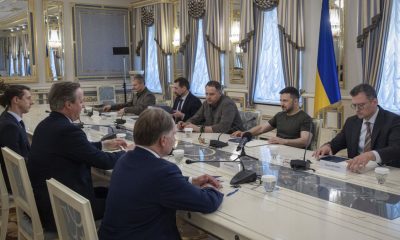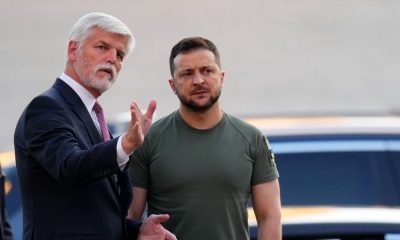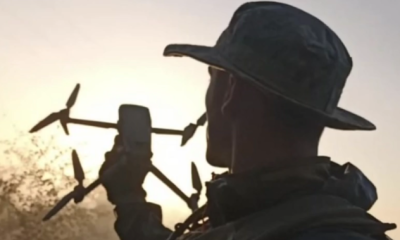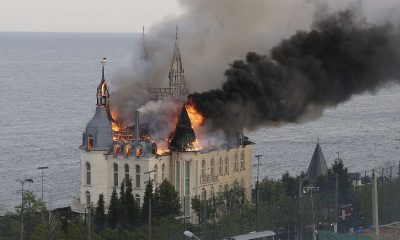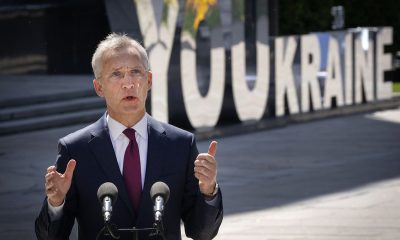General News
Patriots for Ukraine: Calls grow for EU countries to step up donations of air defence systems
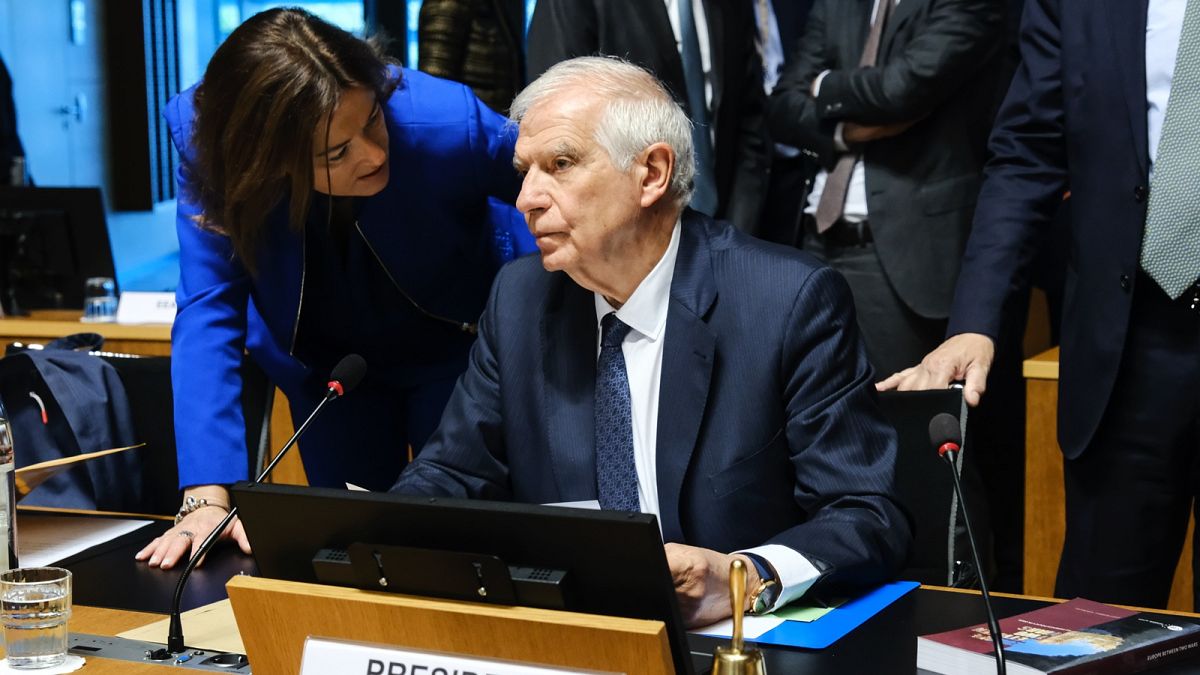
European Union countries who own air defence systems are under pressure to step up their assistance for Ukraine.
The matter of assistance has acquired a greater sense of urgency after Russia renewed its attacks with drones and missiles against the war-battered nation, destroying critical infrastructure and residential buildings, and killing dozens of civilians.
Germany said this month it would send Kyiv a third Patriot battery, an advanced US-made system that can intercept incoming projectiles, and set up an initiative to encourage other countries to donate additional air defences.
Ukrainian President Volodymr Zelenskyy has warned Russia would soon expand its barrage of airstrikes and asked for at least seven more Patriot systems, or similar equipment, to protect the skies.
“We do not rule out that the infrastructure of our other nuclear power plants and distribution networks are also under threat from Russian terror,” Zelenskyy told EU leaders last week.
“This can only be stopped by air defence – by specific systems such as Patriot, IRIS-T, SAMP-T, NASAMS… Systems that you have. They are needed in Ukraine right now – needed to stop Putin from relying on terrorist methods.”
NATO also discussed the issue last week during a virtual meeting with Ukrainian representatives. Secretary General Jens Stoltenberg said allies have “mapped out” existing capabilities of air systems and new announcements would be made “soon.”
However, no more commitments have followed Berlin’s pledge.
This has increased scrutiny over Spain, Greece, the Netherlands, Sweden and Romania, the other EU countries that own Patriot systems. Besides their proven effectiveness, these systems have the advantage of being familiar to the Ukranian army. However, they can take up to two years to be made, making them harder to replace in the short term.
Poland also has two Patriot systems but they are needed for defending the country, which shares a border with Ukraine and the Russian enclave of Kaliningrad.
During a meeting of foreign affairs and defence ministers on Monday, High Representative Josep Borrell piled on the political pressure, asking for deliveries of both batteries and ammunition.
“We need to make the point on the capacity of the European Union member states to increase the support for Ukraine,” Borrell said upon arrival.
“We need to supply interceptors to the batteries they already have and increase the number of batteries. And let’s see what the member states are able to do, to supply. Because in Brussels, we don’t have.”
Dutch Foreign Minister Hanke Bruins Slot said her country was looking into “every kind of possibility” and expressed support for Germany’s new initiative. But she warned depleting the country’s stocks would be “difficult.”
Asked if Spain would contribute, José Manuel Albares Bueno avoided a direct answer and said Spain would “always” stand by Ukraine’s side.
“We’re very aware of the need for air defence systems and particularly of Patriot systems,” he said. “I insist: Spain has always done everything it could.”
Monday’s meeting came days after the US Congress voted in favour of a bill that would release $61 billion (€57.4 billion) to provide lethal equipment to Ukraine. The breakthrough was met with celebratory messages from EU leaders, who have struggled to compensate for the absence of American support and fear the shortages faced by Ukraine’s armed forces could further strengthen Russia’s hand.
But the fact the US help is back on track does not mean the EU should sit back and dial down its efforts, ministers warned on Monday.
“At this point, we can say we dodged a historic bullet but unfortunately, many more bullets are on the way. Therefore we can be joyous for a day but we have to be prepared for the battle that’s coming tomorrow. There can be no coming down, no stopping of assistance,” said Lithuania’s Gabrielius Landsbergis.
“Everybody has to continue to move ahead,” he added. “We have to do better.”
Sweden’s Defence Minister, Pål Jonson, echoed the call, pointing to the evolution of the war and the small advances made by Russian troops in recent weeks.
“We have to step up, this is absolutely crucial,” Jonson told reporters. “The challenge is right now on the ground forces, the trajectory is going in the wrong direction.”
Source
Disclaimer: No copyright infringement intended. All rights and credits reserved to respective owner(s).

